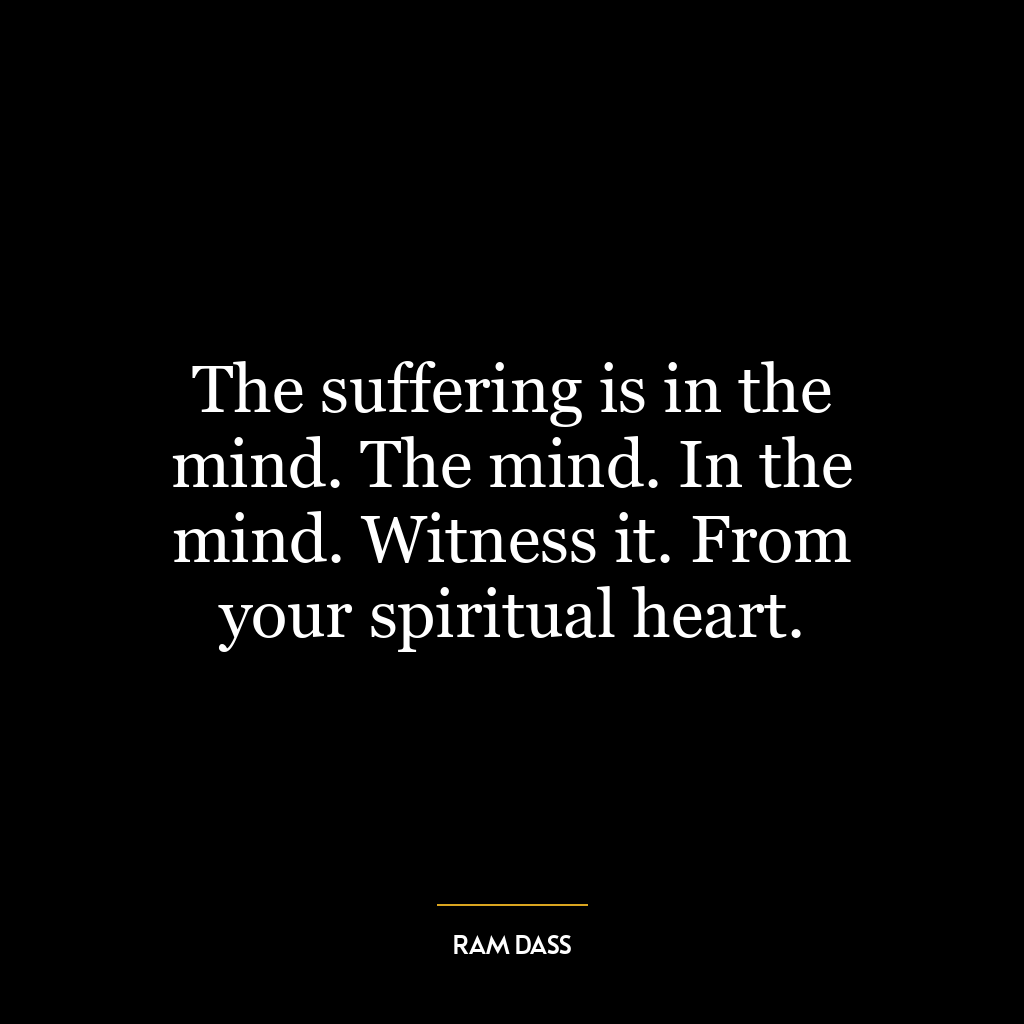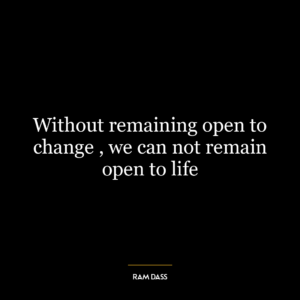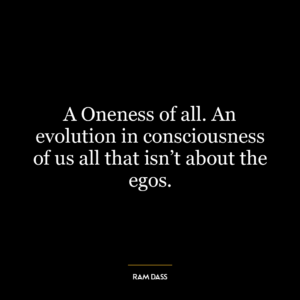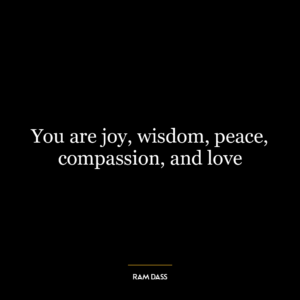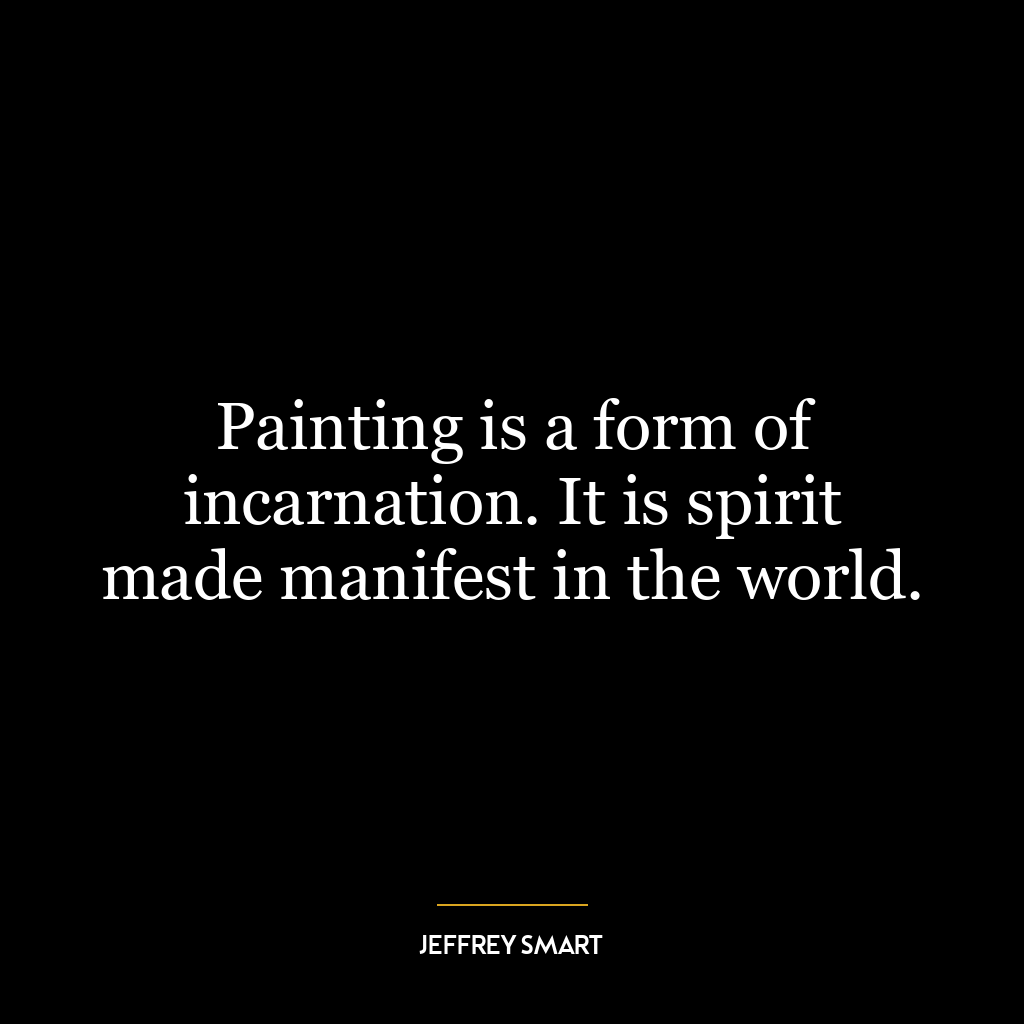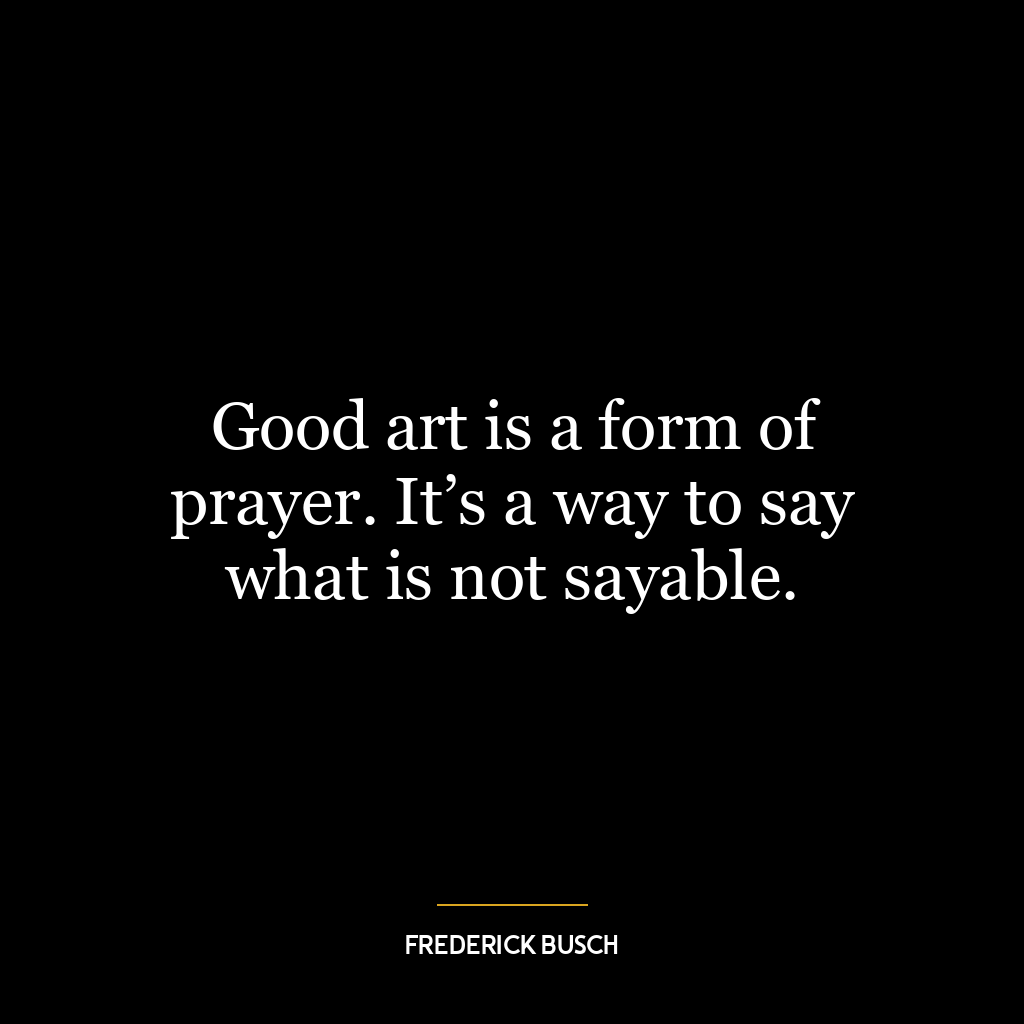The suffering is in the mind. The mind. In the mind. Witness it. From your spiritual heart.
“The suffering is in the mind. The mind. In the mind. Witness it. From your spiritual heart.” This quote is a profound exploration of the human experience, particularly our relationship with suffering and pain.
The repetition of “The mind. In the mind” emphasizes that our suffering is often a product of our own thoughts and perceptions rather than external circumstances. We may feel pain due to a physical ailment or a challenging situation, but the suffering – the emotional distress we experience – is often amplified or even created by our mind. For example, we may fear the worst, dwell on the negative, or get caught in a loop of regret or self-criticism.
“Witness it” suggests an approach to dealing with this suffering. Rather than getting swept up in our pain or trying to avoid it, we can observe it. This is akin to mindfulness, where we acknowledge our thoughts and feelings without judgment. By witnessing our suffering, we can gain insight into its origins and nature. This can help us understand that our suffering is not an inherent part of us or our circumstances, but something that arises from our thoughts and can therefore be changed.
“From your spiritual heart” implies that this witnessing should be done with compassion and love. Rather than being harsh or critical towards ourselves for our suffering, we should approach it with kindness and understanding. This can help us heal and grow.
In today’s world, this idea can be applied in various ways. It can help us manage stress, anxiety, and depression. It can guide us in personal development, helping us to become more resilient, compassionate, and self-aware. It can also inform our interactions with others, encouraging us to be more understanding and empathetic.
For instance, if we are feeling stressed about a work deadline, we can observe our stress, understanding that it is a product of our thoughts about the deadline rather than the deadline itself. We can approach our stress with compassion, acknowledging that it’s okay to feel this way while also recognizing that we have the power to change our perspective and response. This can help us to feel calmer and more in control, improving our wellbeing and performance.
Similarly, if we are struggling with self-esteem issues, we can witness our negative self-perceptions from our spiritual heart. We can recognize that these perceptions are not truths but thoughts that can be changed. We can replace them with more positive and compassionate views of ourselves, fostering self-love and confidence.
In conclusion, this quote encourages us to approach our suffering with mindfulness and compassion, recognizing its origins in our mind and our power to transform it. This can be a powerful tool for personal development and wellbeing in today’s fast-paced and often stressful world.

